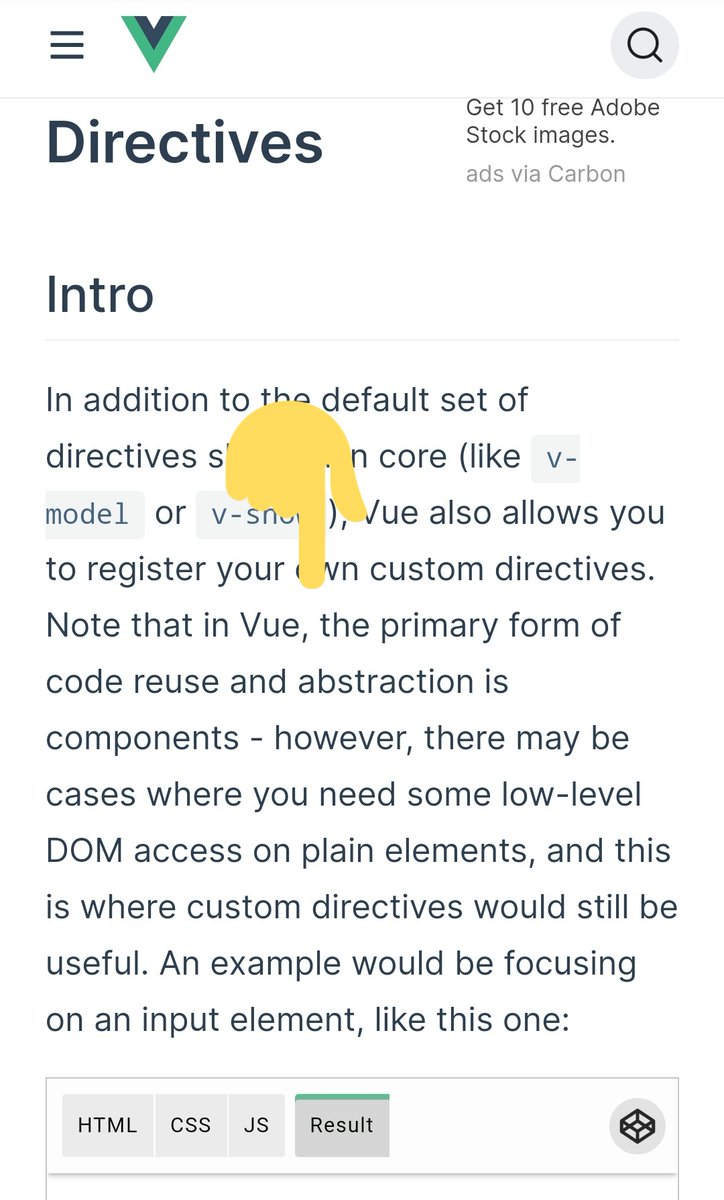
@wycats@techhub.social
OSS enthusiast and @wykittens's parent. Co-author of the Extensible Web Manifesto. Front-end developer. @wifelette's husband. he/him
2 subscribers
How to get URL link on X (Twitter) App

https://twitter.com/wycats/status/1376963953054547970How is it interacted with?






